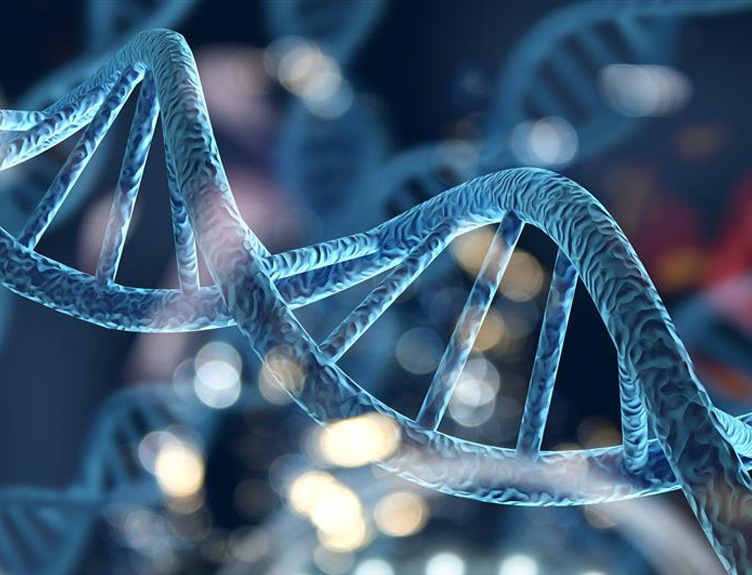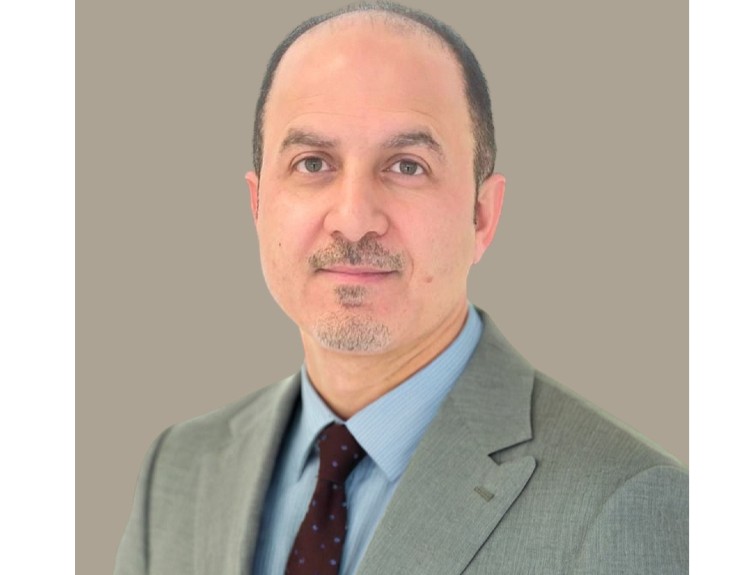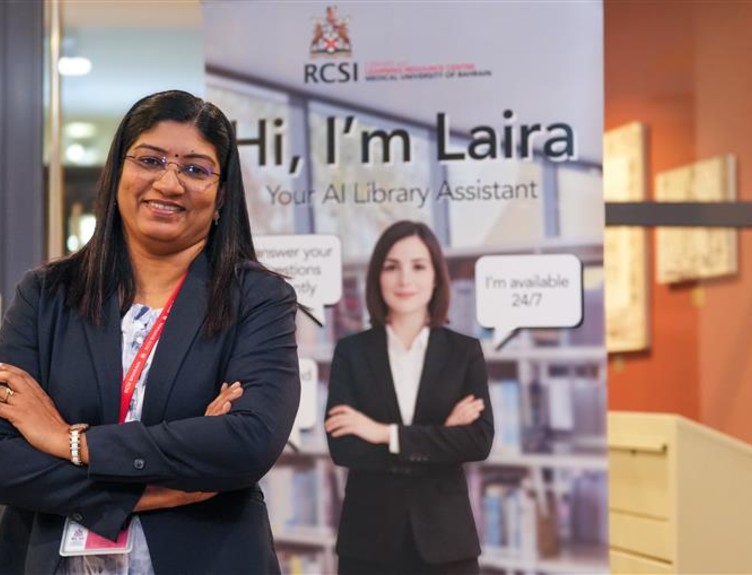Understanding Breast Cancer through Precision Medicine and Genetic Study

Professor Nuha Birido, Associate Professor in Surgery and Academic Director of Clinical Simulation
Professor Ghufran Jassim, Head of Department and Associate Professor of Family Medicine
Ms Fatima Al Hannan, Manager of Laboratories
In recent years, precision medicine has moved from concept to clinical reality, transforming how breast cancer is diagnosed and treated. Rather than applying a uniform approach, it enables therapy to be tailored to each individual—taking into account genetic profile, lifestyle and the specific biology of the tumour.
By identifying which treatments are most likely to be effective for a specific patient, precision medicine reduces unnecessary side effects and enhances survival outcomes. Certain breast cancers are driven by unique genetic mutations or hormone receptors, and targeted therapies can act directly on these drivers, making treatment both more precise and more effective.
At the Bahrain Oncology Centre, based at King Hamad University Hospital, targeted medical agents are now part of routine clinical practice. These therapies act on specific molecular or hormonal factors that drive tumour growth, offering more effective and less toxic treatment options.

Professor Birido highlights that this approach is the result of collaboration across multiple disciplines—genetics, oncology, pathology, radiology, pharmacology, and data science—all working together to guide evidence-based, personalised treatment decisions.
Complementing these clinical advances, RCSI Bahrain researchers are contributing to the understanding of the genetic basis of breast cancer.
In 2019, a team of researchers from RCSI Bahrain, in collaboration with the Al Jawhara Centre for Molecular Medicine & Inherited Disorders at the Arabian Gulf University, the Royal Medical Services (RMS), and with the support of Think Pink Bahrain and the Bahrain Breast Cancer Society, conducted a study investigating hereditary breast cancer among Bahraini women. Published in the , the research used next-generation sequencing (NGS)—an advanced technology that analyses genes rapidly and with high accuracy—to examine how inherited mutations contribute to familial breast cancer risk. The study identified pathogenic mutations in BRCA1/2, alongside additional riskassociated variants.
Building on this foundation, the first NGS multigene panel study of Bahraini women with breast cancer analysed 180 cancerpredisposition genes in 54 patients and detected pathogenic variants in BRCA1 and in DNArepair genes such as MUTYH, MLH3 and PMS1, together with variants of uncertain significance supporting the role of multigene testing alongside genetic counselling.
A more recent cohort study of 160 patients, conducted between 2021 and 2024, examined hereditary breast and ovarian cancer patterns in Bahrain. The study found that pathogenic mutations—genetic changes known to cause disease—were concentrated in high-risk genes, while mortality was highest in the mediumrisk group.
Overall, Bahrain’s germline profile broadly mirrored international patterns, underscoring the importance of continued research to better characterise moderate- and low-risk variants in Middle Eastern populations.
These findings highlight the significance of genetic screening in supporting early detection and prevention efforts, while confirming the effectiveness of NGS as a tool for identifying hereditary cancer risks. In Bahrain, eligibility for such testing is determined by the treating consultant; however, this testing is becoming increasingly common, reflecting the growing accessibility of advanced diagnostic services.



